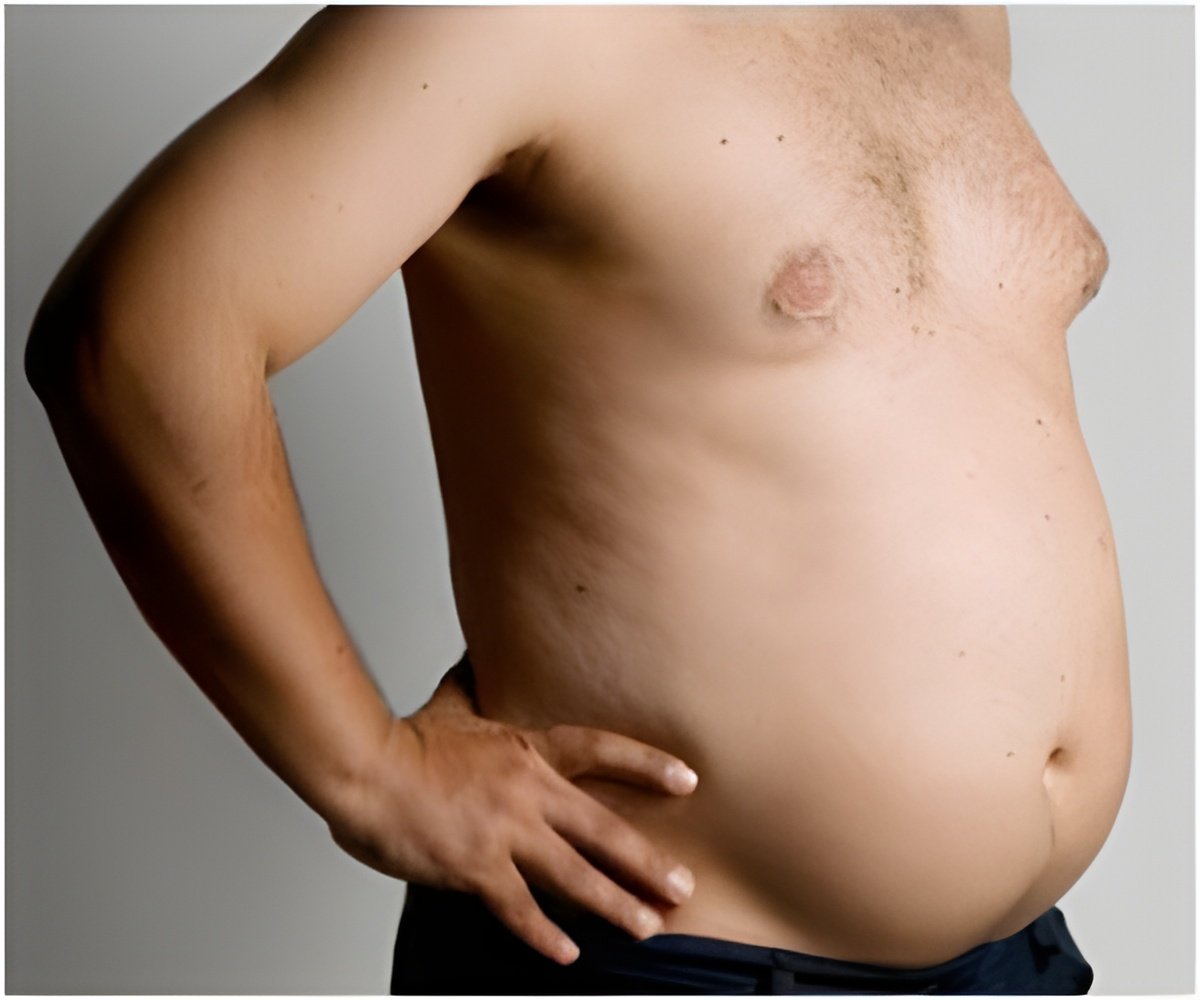Obesity counselling should focus on neurobehavioral processes and not personal choice when it comes to selection of food, researchers have said.

According to preventive medicine and behavioural experts at Rush University Medical Center, research supported a new counselling approach that views obesity as a result of neurobehavioral processes - ways in which the brain controls eating behaviour in response to cues in the environment.
"Typically, overweight and obese patients receive education about dietary contributions to weight gain, and they are simply encouraged to fight the powerful urge to eat the delicious foods that are available almost everywhere in the environment, and instead, make dietary choices consistent with weight loss," said Brad Appelhans, PhD, clinical psychologist and obesity researcher in the Rush University Prevention Center and lead author of the article.
"Yet, we know this approach rarely works. Even highly motivated and nutritionally informed patients struggle to refrain from highly palatable foods that are high in sugar, salt and unhealthy fats," added Appelhan.
The suggestion that individuals become or remain obese due to their unhealthy personal choices or a lack of willpower to make healthy choices is also stigmatizing to patients and unlikely to motivate them to lose weight.
The new model adopts a scientifically informed framework that clarifies how personal choice is affected by biological and environmental factors.
Advertisement
Food Reward - is largely mediated by the mesolimbic dopamine system, a neural pathway in the brain also known as the reward circuit. Food reward includes both the experience of pleasure one receives from eating and the motivational drive to obtain and consume highly palatable foods. Those with greater sensitivity to reward have stronger food cravings for sweet and fatty foods. This biologically-based sensitivity, coupled with easy access to delicious snacks and fast food outlets, makes one highly vulnerable to overeating and weight gain.
Advertisement
Time Discounting - A third factor that likely contributes to the low success rates of dietary interventions for obesity is the human tendency to devalue delayed rewards.
The study is detailed in the American Dietetic Association.
Source-ANI















